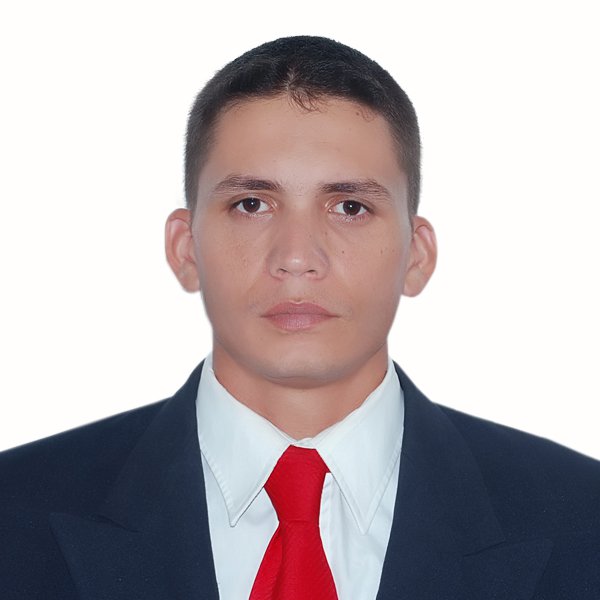
The title of this post is a phrase by Eliecer Ávila, who, while still a student at the University of Computer Sciences (UCI) in 2008, ridiculed the President of the Cuban Parliament, Ricardo Alarcón, perhaps unintentionally. On that occasion, the young man unambiguously publicly questioned the emigration policy imposed on Cubans by their government.
The short video circulated in Cuba back then from one computer to another at the speed of gunpowder, marking the initiation of someone who was not aware he had crossed a forbidden line: just by posing the question to a senior official Eliecer had become a dissident.
A very short time after that the young man, who had already graduated as a computer engineer, got in touch with the independent blogosphere and with other civil society groups and created his own space for debate. Since then, he has been active in the field of civic and political public opinion in defense of democratic opportunities for all Cubans. Without a doubt, Eliecer has all the qualities of a born leader.
In the past few days, Eliecer once again has made news, not only because he is the first Cuban dissident to travel outside Cuba after the recent emigration reform went into effect January 14th , but by the extraordinary revelations he made in a video-taped interview by journalist and blogger Yoani Sánchez, which was recently published on the Internet.
Under the title of “Operation Truth”, which is the focus of the interview, an entire cyber-espionage conspiracy masked and orchestrated by the Cuban government from the UCI (Computer Sciences University) through its reliable and talented students. Eliecer discussed in detail the existence of a permanent operation, of which he himself was an important part, dedicated to fighting the activities of the independent blogosphere, to create an array of opinions over matters of government, to monitor all pages and networks in cyberspace making references about Cuba and the leaders of the revolution, to hack sites officially considered hostile, and even to establish the Ecu-network database, a cyber-monstrosity full of mistakes and blunders known popularly as “the Cuban Wikipedia” a fountain of dubious source of knowledge which — as part of the system’s indoctrination — is taken in by Cuban schoolchildren, particularly those in primary and middle schools.
Paradoxically, the contact these young people of the Castros’ cyber-command had with our blogs and with other places of free expression at numerous websites, as well as their intense relation with the internet, opened up their perspective to a different reality, contrary to the ideological objectives conceived by the government in this program, and inevitably exposed them to the contamination of attractive “enemy” ideas. Obviously, the falseness of the Castro regime is most evident as Cubans gain more information, which explains why the authorities prevent the spread of internet use in Cuba. Eliecer is a living example of how government intrigues and experiments can ultimately slice through its own floorboards.
“The Internet has its own soul,” is the synthesis Eliecer uses to interpret his natural conversion: from soldier of the official ideology to a citizen who battles against it. Any of us, the free bloggers from here and former captives of the system, know very well the meaning of his words. To some extent, we are all converts who arose from the darkness. The internet has made us freer, has allowed us to meet again, and, without a doubt, will continue to help us in attaining the Cuba we want.
But above all, we must thank the presentation of this revealing interview to the public, the colloquial fluency of the interviewer’s questions that keep us interested in the story being told, and the courage of a young man who knows very well the dangerous nature of the demons he is summoning. Let’s not leave him alone in this crusade.
Translated by Norma Whiting
February 15 2013
